“Blood Diamond” and it’s cultural impact
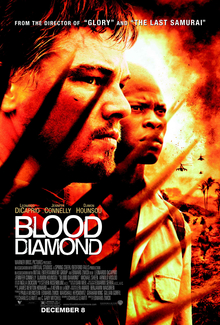
The film, Blood Diamond, that the story all revolves around.
June 13, 2018
“Blood Diamond” by Edward Zick presented a dark side of the African world of which Hollywood had never seen before. Three characters of widely different backgrounds come together in the search for an extremely sought after gem.
Leonardo DiCaprio stars in the film playing Danny Archer, a native South African diamond smuggler. DiCaprio vacillates between a beloved multi-faceted character and a semi-racist narcissist who looks out solely for his own best interest. His co-star Djimon Hounsou plays Solomon Vandy, a fisherman turned unwilling miner, who will go to any lengths to find his son Dia who has been kidnapped and brainwashed by RUF rebels.
The two work together with a journalist, Jennifer Connelly, who helps them navigate through both the military and RUF in order to find the blood diamond. Survival is the ultimate link which holds DiCaprio and Hounsou together in their search for both the diamond and Dia. Fortunately, the two work out their differences in the long arduous journey, not for lack of conflict.
Even prior to its debut in theatres on December 8, 2016, “Blood Diamond” was creating buzz in Hollywood. Many feared of the trivialization and dramatization of a truly disturbing issue plaguing the lives of millions in developing countries. This fear, while not unfounded, did not grow into fruition. “Blood Diamond” created a new wave of consciousness regarding the issue of so called ‘conflict-diamonds’ not only in politics but in pop culture.
Kanye West’s second studio album “Late Registration”, now triple platinum, released in 2005, a year prior to the movies debut, felt an impact. West’s famous track “Diamonds from Sierra Leone” detailed the rappers own moral struggles with his jeweler the famous Jacob Arabo. Kanye rapped, “My chain, these ain’t conflict diamonds is they, Jacob? Don’t lie to me, man,” Arabo, better known as Jacob the Jeweler, is known as hip-hop jeweler and founder of Jacob & Co. Kanye goes on to say, “Little was known of Sierra Leone and how it connects to the diamonds we own,”. The song goes in depth on the ethics of purchasing diamonds due to the lack of government regulation regarding the diamond trade. A curious take seeing as Kanye raps on the very same album detailing how the government administers AIDS… interesting.
Kanye is just one example of the many affected by “Blood Diamond” and those suffering in the mines across the world. The movie led many to begin to question what exactly they were buying at the jeweler store and whether or not a conflict free guarantee could be given.
After the movies release public interest grew in the nature of the Kimberley Process. The international, multi-stakeholder initiative created in 2003 in order to increase transparency and oversight in the diamond industry. The process attempts to insure that diamonds bought are not fueling rebel movements such as the RUF portrayed in “Blood Diamond”. Despite a global effort to combat this issue, between 2010 and 2014, approximately 48 million carats of confirmed conflict-diamonds hit the international diamond market and are now being purchased in an untraceable manner.

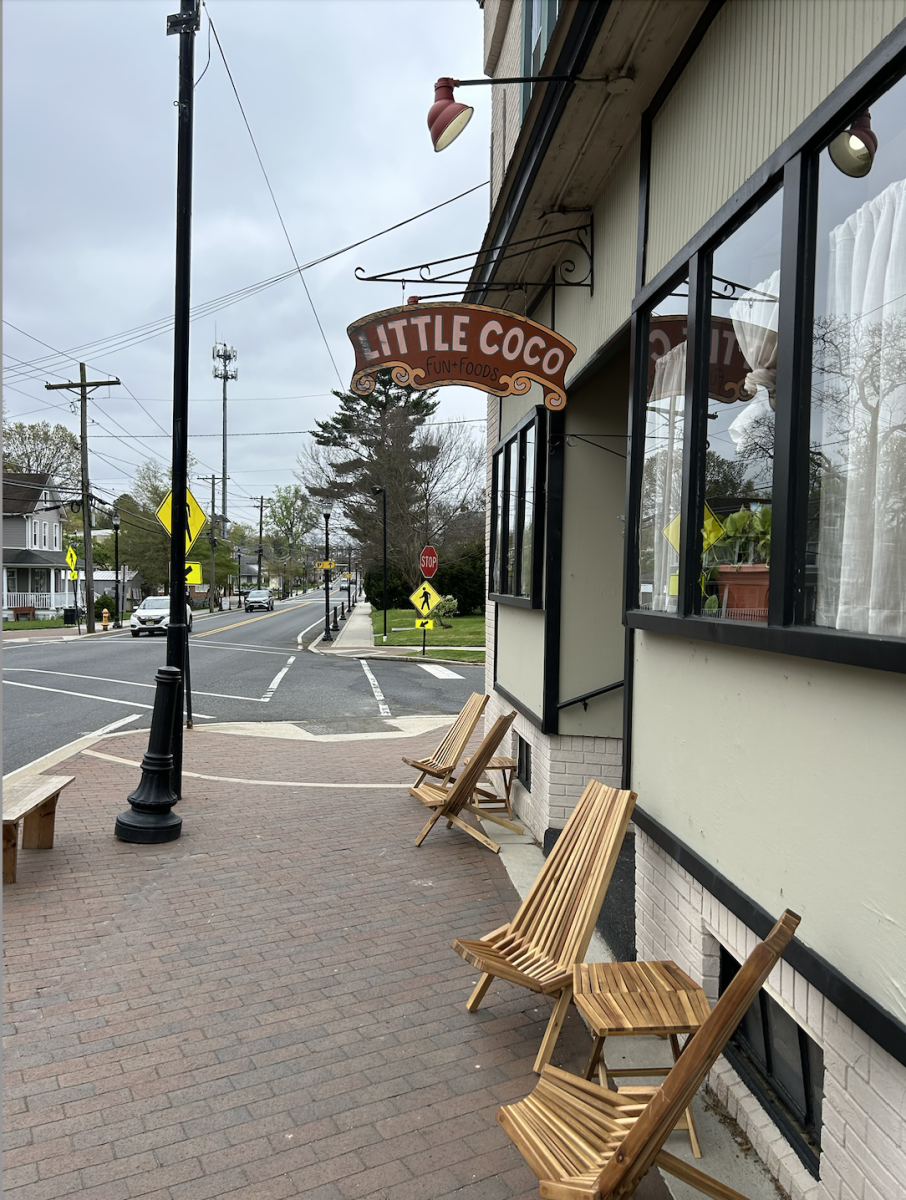
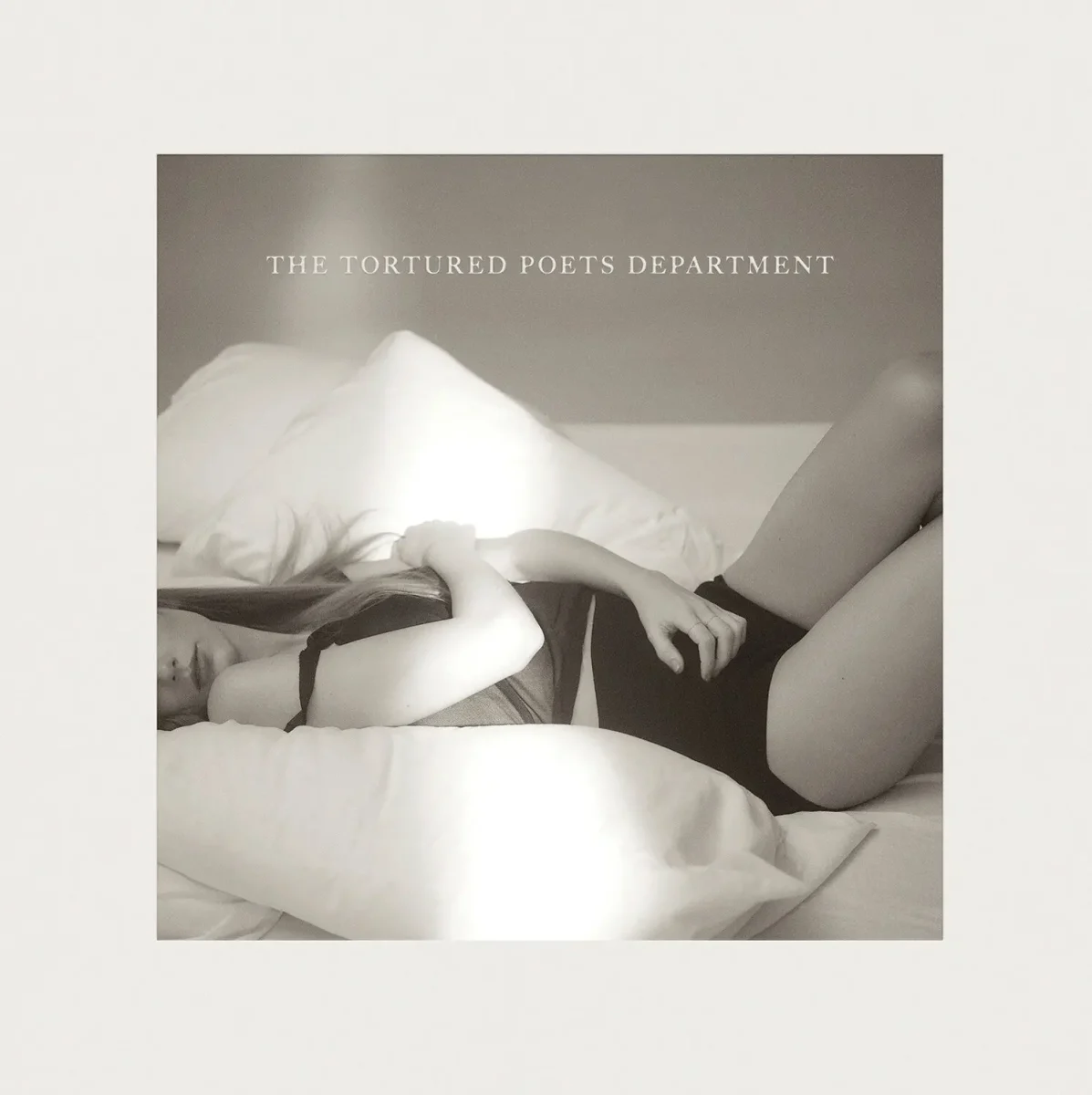
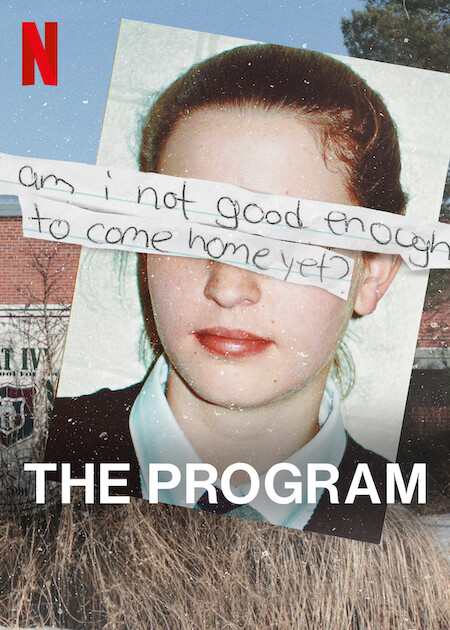
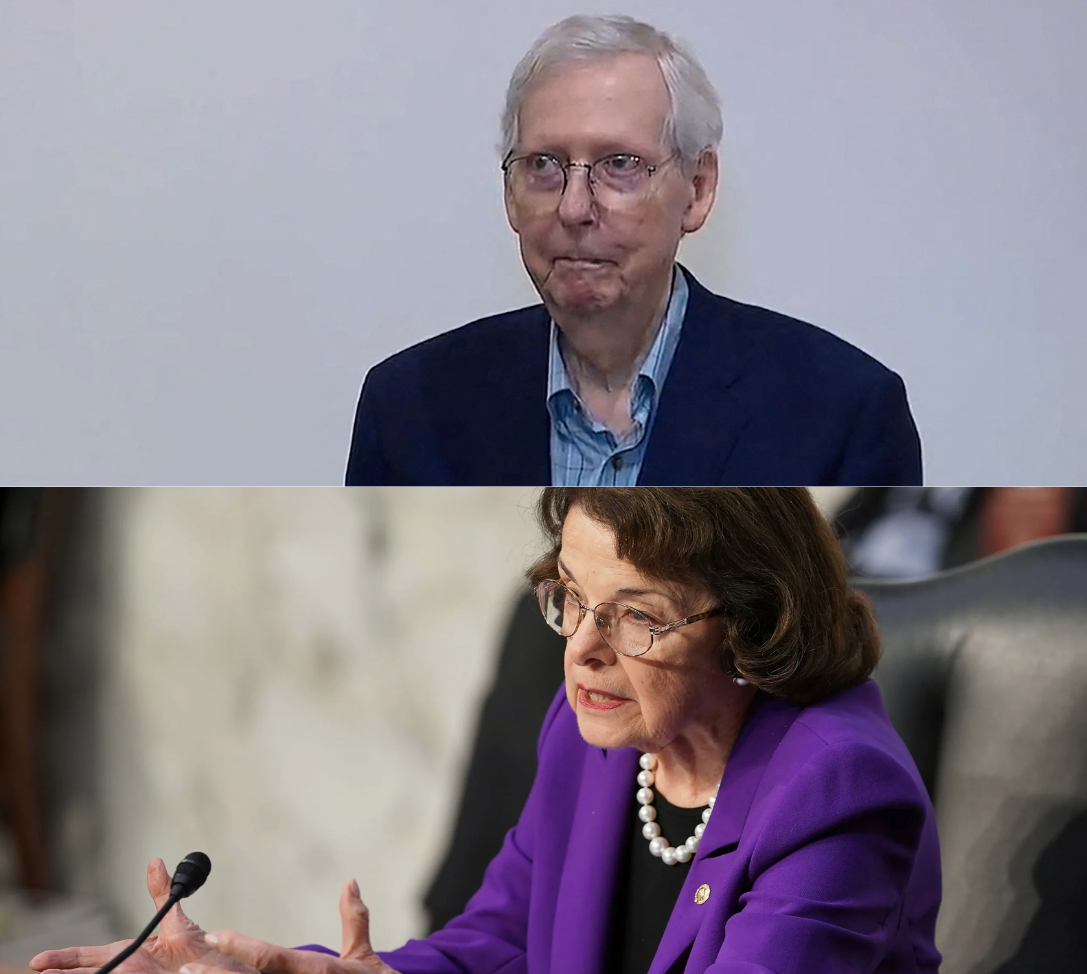
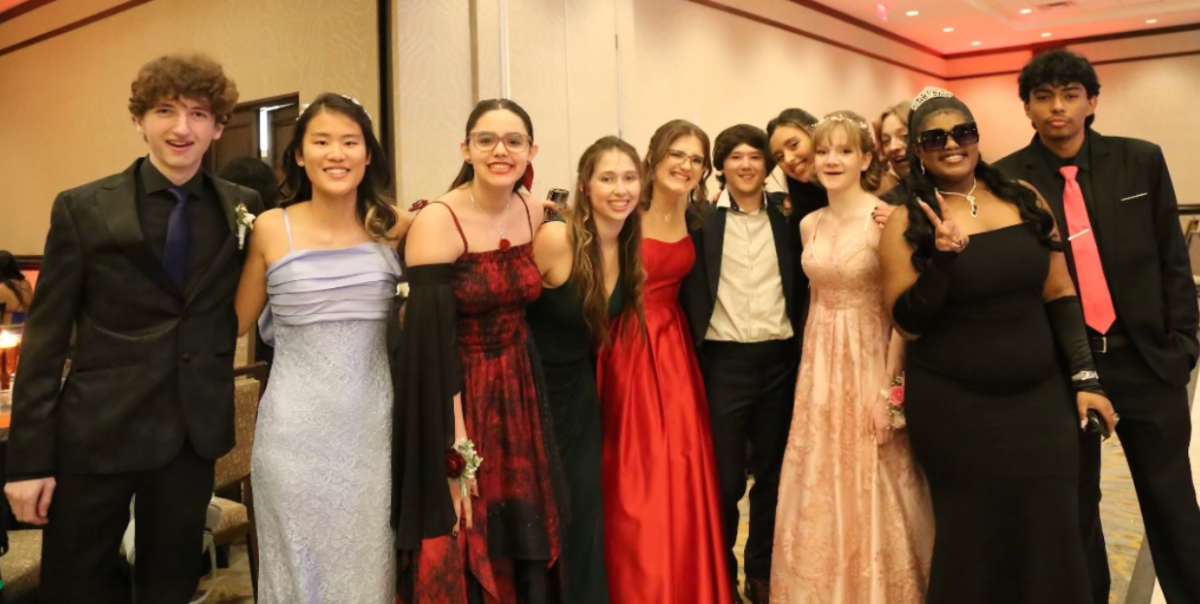
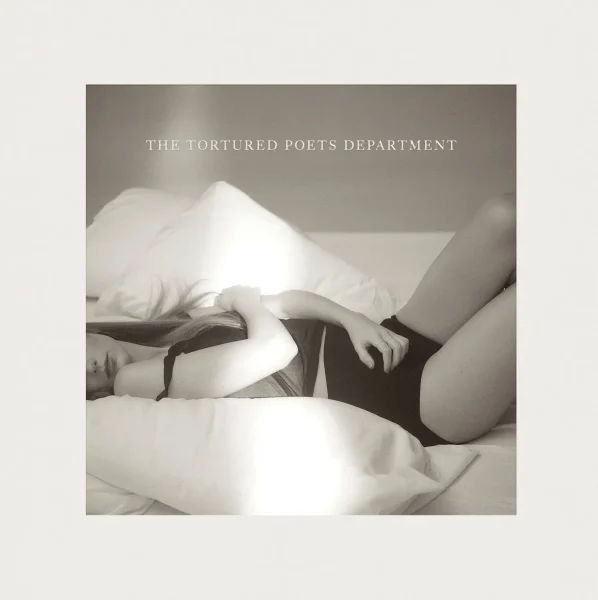
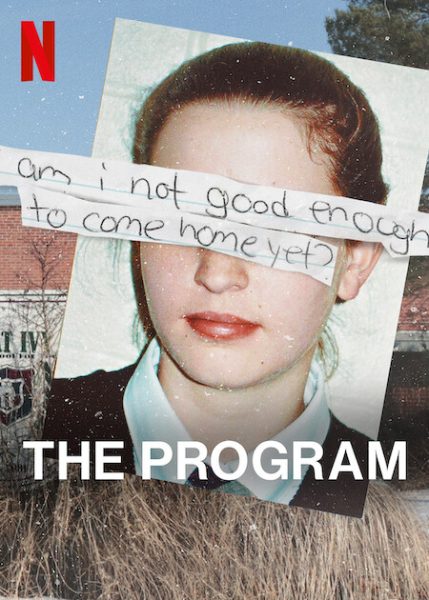
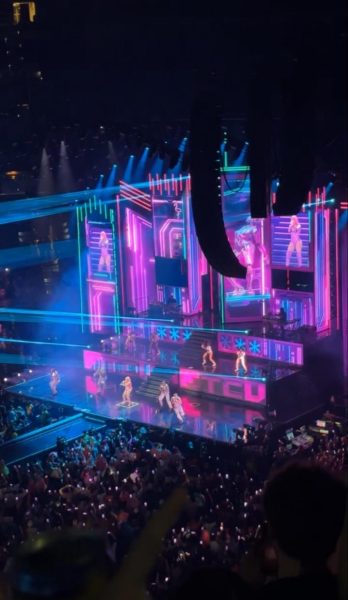
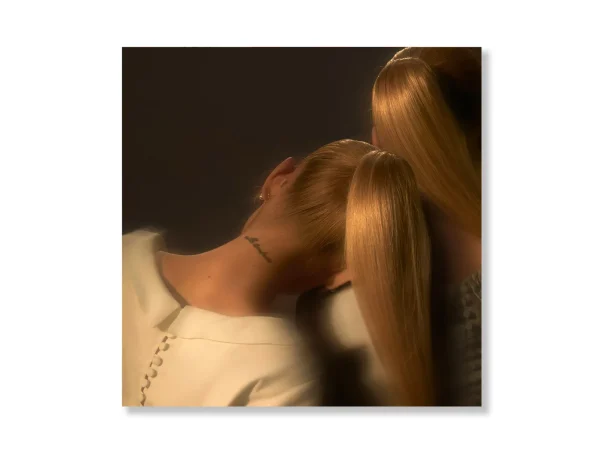
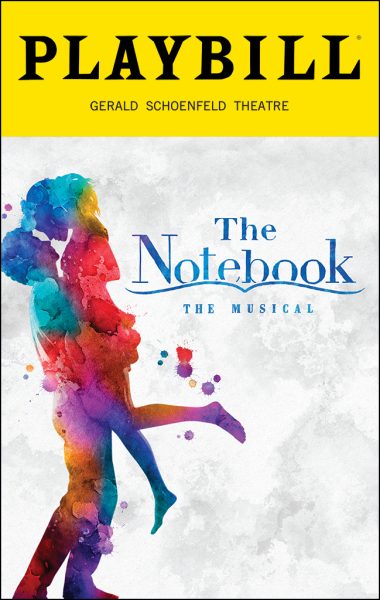
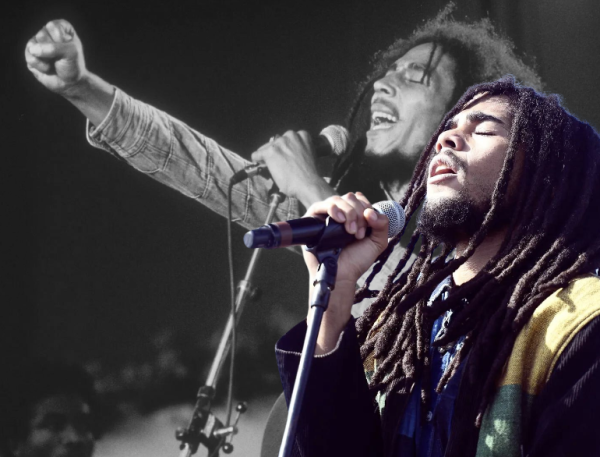

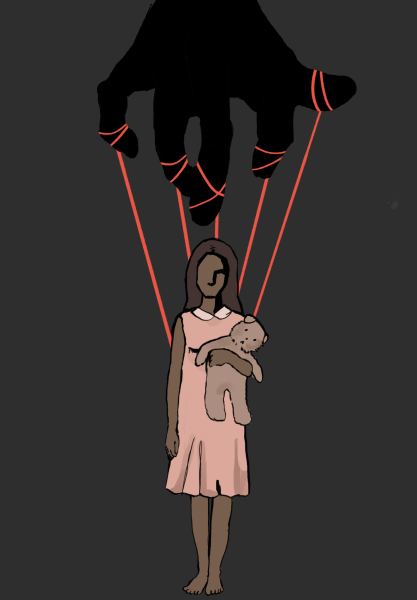
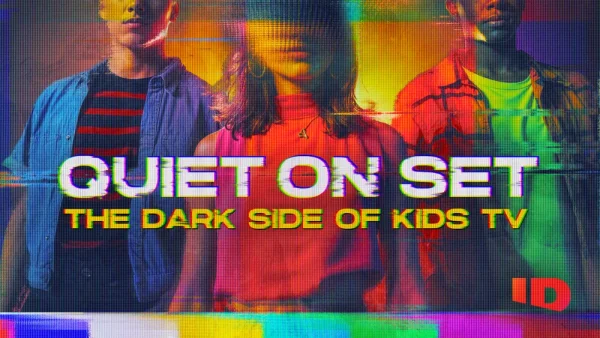
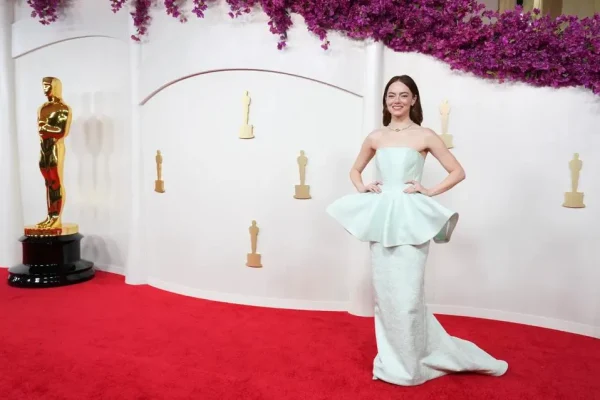
Deepti Mittal • Apr 5, 2019 at 12:40 am
Respected sir,. conflict diamond problem has not gone away. … Companies sourcing diamonds originating in countries like Central African Republic and Zimbabwe may risk indirectly supporting violence, inspire of Kimberley process work. Thanks. Yours sincerely. Deepti Mittal